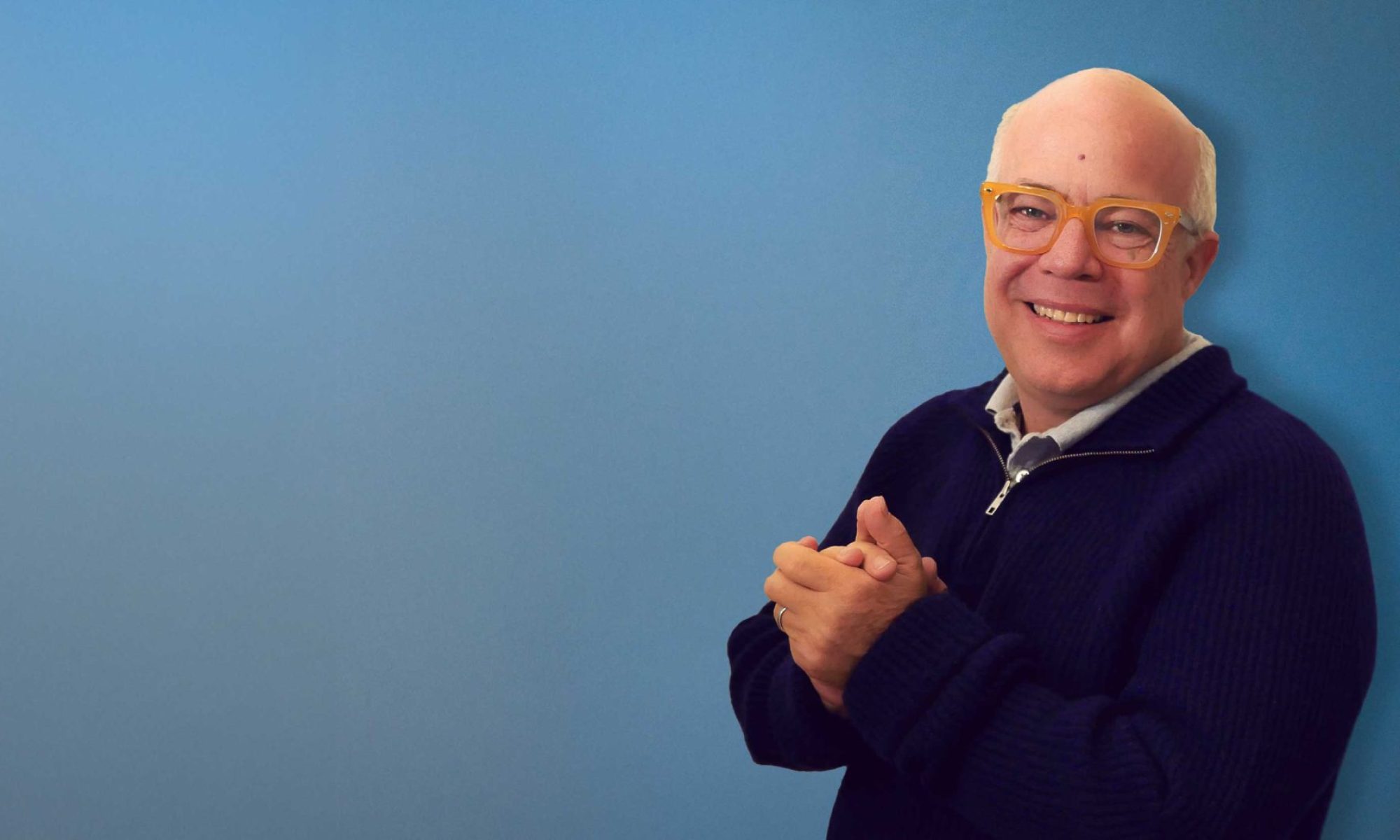You know that expression, “I’m waiting for the other foot to fall”? (as in, expecting bad news soon).
So Wednesday evening I was walking around with Patty and another friend, and I was standing up on a low retaining wall (just about 2 feet high), and I decided to jump down to the ground.
There was this little voice saying “maybe you should just sit down and step off instead” but I ignored that… And oh how I wish I could take that second back and Apply more Consequential Thinking.
I landed on my left leg because I am still “protective” of my right leg (2 years ago I completely ruptured my right quadriceps tendon). And I felt a sharp POP in my left knee… Which gave out… And I was on the ground feeling a terrible deja vu.
While these seems like the most ridiculous bad luck, the surgeon I saw last night was not all that surprised. She said there’s been a huge increase in this injury nationwide — correlated with obesity and high cholesterol. And, that it’s not uncommon that when one quad ruptures, that the other follows because of the underlying causes — and because as I did, “protecting” the original injury leads to over-use of the other side.
The good news/bad news is I know the process… Six months in a brace with crutches, 18 months ‘till “normal.” The upside is I’m not scared, I know just how painful and difficult this is, and I know I can do it. The downside is I know just how painful and difficult this is…
I was joking on the phone with a colleague saying, “I guess this means I didn’t learn the lesson I was supposed to learn the first time.” I’ve been reflecting more about that and I’m now seeing that it’s not a joke at all. Coming off the first knee, I was starting to take my health more seriously, but in the last 9 months or so I’ve let that slip out of focus. For years I’ve thought and felt and talked about making major lifestyle changes to take better care of myself, but somehow I keep making other things a higher priority. So while this is a rather difficult way to re-start, I’m actually feeling hopeful and even excited. It’s not a time for little subtle changes – it’s time to re-invent this aspect of my life — of our lives as a family.
Well, I literally got home from the hospital an hour ago and so I’m a bit groggy, think I’ll go take a nap!
By the way — I won’t be working regular hours for the next few weeks, so if you need something from me, please remind me a few times ‘till I reply.



 Just listened to a fab radio show from The Really Big Questions about emotion. talks about some of the science and implications for us individually and collectively. The just forgot to say, “and if you want to learn how to effectively use these incredible resources, contact Six Seconds”
Just listened to a fab radio show from The Really Big Questions about emotion. talks about some of the science and implications for us individually and collectively. The just forgot to say, “and if you want to learn how to effectively use these incredible resources, contact Six Seconds”  Pursue Noble Goals really means putting purpose into everyday action. If your purpose is supporting equity, how can you build more equity between the people in the elevator today? If your purpose is sustaining a vibrant earth, how can you change what you buy for lunch to be more sustainable? If your purpose is nurturing compassion, how can you think and feel as you wash the dishes so you end that experience more compassionate?
Pursue Noble Goals really means putting purpose into everyday action. If your purpose is supporting equity, how can you build more equity between the people in the elevator today? If your purpose is sustaining a vibrant earth, how can you change what you buy for lunch to be more sustainable? If your purpose is nurturing compassion, how can you think and feel as you wash the dishes so you end that experience more compassionate? I admit it’s a terrible habit – again sitting in a restaurant listening to the next table… but the guy was so loud I could hardly not! Three people, “Joe” and 2 friends, Joe says he’s so glad to see them again and launches into a story. Eventually says, “but I don’t want us to just talk about my stories…” and the proceeds to dominate the conversation for half an hour of virtually nonstop monologue. Every once in a while the others manage to slip in a word but Joe grabs back the conversation. It seems like Joe KNOWS he dominates and has at least a vague intention of sharing the stage, but doesn’t.
I admit it’s a terrible habit – again sitting in a restaurant listening to the next table… but the guy was so loud I could hardly not! Three people, “Joe” and 2 friends, Joe says he’s so glad to see them again and launches into a story. Eventually says, “but I don’t want us to just talk about my stories…” and the proceeds to dominate the conversation for half an hour of virtually nonstop monologue. Every once in a while the others manage to slip in a word but Joe grabs back the conversation. It seems like Joe KNOWS he dominates and has at least a vague intention of sharing the stage, but doesn’t.